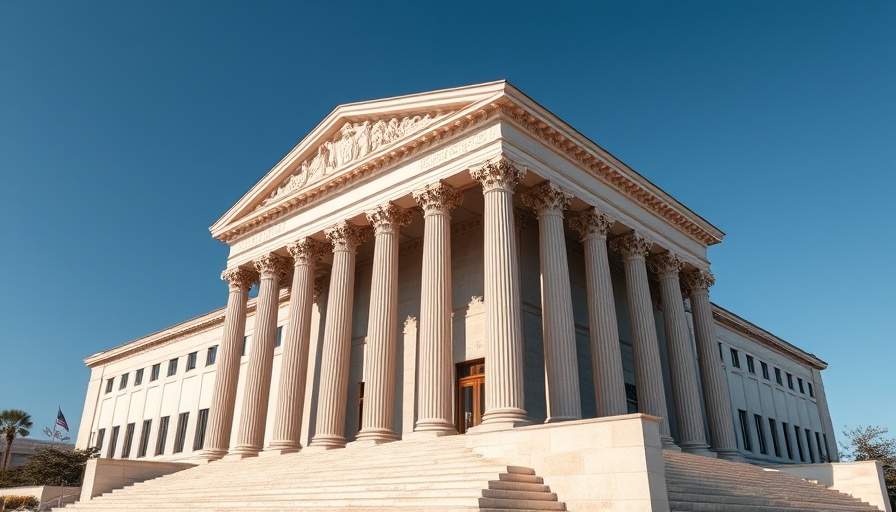
A Mistrial in the McCall Case: What Happens Next?
In a surprising turn of events, the jury in the case of South Carolina v. Doyle Eugene McCall Jr. has declared a mistrial due to an inability to reach a unanimous verdict. This outcome follows a lengthy afternoon of deliberations where the jurors wrestled with their decision but were unable to come to a consensus.
The Jury's Dilemma
The concept of a hung jury is familiar to many, yet it highlights the complexities and nuances of the judicial process. A mistrial occurs when the jurors cannot agree, which can lead to questions regarding the evidence presented, the arguments made, or the decision-making process by the jurors themselves. The jury's struggle raises vital considerations about the jury system, including its strengths and potential flaws.
Implications of the Mistrial
This mistrial serves as a reminder of the challenges faced by individuals within the legal system. For the prosecution, the inability to secure a conviction could mean re-evaluating the evidence or the strategies employed in court. Conversely, for the defense, it offers an opportunity to reassess their approach and prepare for potential future proceedings. The legal teams will be closely monitoring community reactions as the case becomes a focal point in public discourse.
Next Steps
With the declaration of a mistrial, the court will need to determine the next steps. Prospective options could include a retrial if the prosecution decides to pursue the case again, or the possibility of dismissal if deemed appropriate. This uncertainty often leaves lasting effects on the involved parties, heightening the suspense surrounding the trial's future.
Judicial outcomes like these emphasize the ongoing conversation about justice, community involvement, and the role of the legal system in upholding societal norms. As this case progresses, further analysis and community dialogue will be crucial to understand its impact fully.
 Add Row
Add Row  Add
Add 




Write A Comment